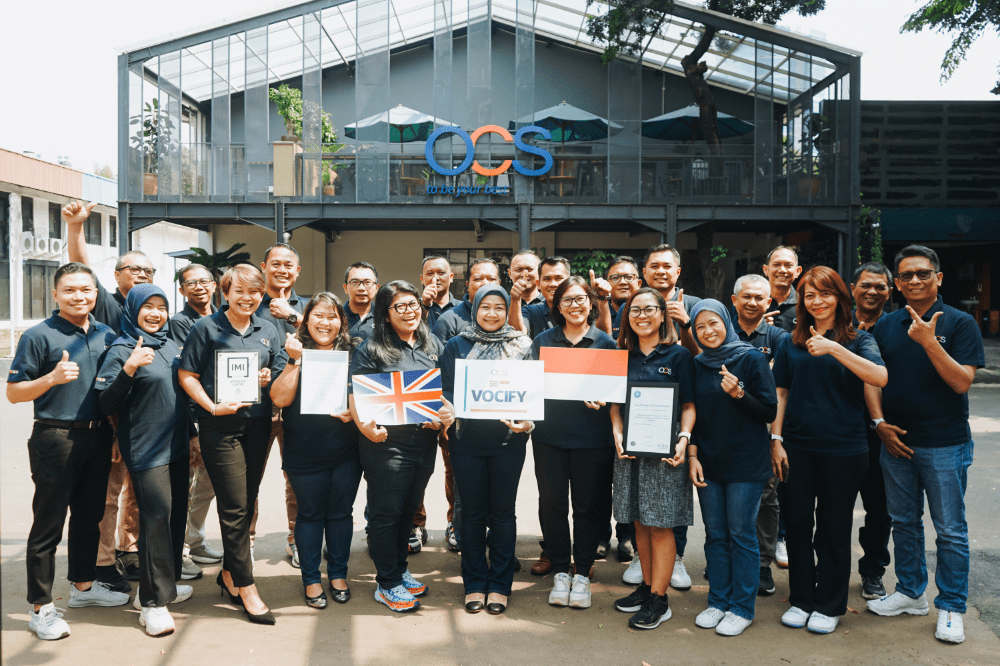Pakistan: Food Safety Skills Development
Summary
Highfield International, in partnership with the British Council and People 1st International, has worked to strengthen food safety skills across Pakistan’s food and beverage sector. Together, the three organisations combined international expertise, UK quality standards, and local insight to design and deliver a transformative programme.
At the heart of the project was the introduction of the internationally recognised Highfield Level 3 Food Safety qualification, ensuring that learners and professionals gain trusted, industry-relevant certification. To embed sustainability, a Train-the-Trainer programme was delivered, equipping universities and training institutions with a pool of competent local trainers who can cascade knowledge to future cohorts.
By contextualising training materials to reflect Pakistan’s needs while maintaining UK quality benchmarks, the initiative not only provides students and industry professionals with access to credible qualifications but also builds long-term institutional capacity.
This collaborative approach demonstrates how international awarding bodies, UK skills partners, and local institutions can come together to raise standards, address critical workforce gaps, and support economic
growth. It also creates a scalable model that can be replicated in other technical and vocational areas, showcasing the power of partnership in delivering inclusive, high-impact skills solutions.
Pakistan’s food and beverage sector is undergoing rapid growth and diversification, driving a strong demand for internationally benchmarked food safety expertise. With rising consumer expectations, global trade opportunities, and increasing investment in technical and vocational education, there was a clear opportunity to introduce world-class training and certification to support this expansion.
Recognising this need, the British Council and People 1st International partnered with Highfield International to combine their complementary expertise:
- The British Council provided its local insight, extensive networks, and convening power to connect stakeholders, align with local demand, and draw on UK expertise to ensure national relevance and lasting impact.
- People 1st International brought deep knowledge of workforce development, employer engagement, and capacity-building models proven across multiple countries.
- Highfield International contributed its globally recognised food safety qualifications and awarding body credibility, ensuring alignment with international standards.
Together, the partnership worked to introduce the Highfield Level 3 Food Safety qualification and design a Train-the-Trainer programme that would build a pool of skilled local educators. By contextualising content to reflect local realities while retaining UK quality benchmarks, the initiative ensures that both students and industry professionals gain access to trusted certification.
This collaborative model not only addresses immediate skills gaps but also lays the foundation for sustainable workforce development. By strengthening institutional capacity, the project creates a blueprint that can be scaled to other technical and vocational areas, demonstrating how international–local partnerships can raise standards, build confidence, and support long-term economic growth
Under the expert guidance and leadership of Jane Rexworthy (People 1st) and Richard Sprenger (Chairman of the Highfield Group and a renowned food safety authority), Highfield International — the UK’s leading awarding body in compliance and food safety qualifications — with the dedicated support of its project team, partnered with the British Council and People 1st International to deliver a tailored, high-impact solution.
International Level 3 Food Safety for Manufacturing Qualification: Discussed the industry requirements with the panel and reviewed Highfield’s Level 3 Food Safety for Manufacturing qualification, exams, and digital/print learning resources, adapted for local context.
Train-the-Trainer Programme: Delivered a four-day intensive programme combining expert-led workshops, self-directed e-learning, and micro-teaching with assessment. The workshop transitioned from conceptual understanding to practical application, helping participants shift from an academic, theory-centred mindset to a vocational, learner-centred approach. The sessions were well received, with strong engagement, productive discussions, and successful micro-teach performances from all delegates.
Key outcomes included greater appreciation of the difference between academic and vocational learning, improved trainer confidence, and a demonstrated ability to design and deliver short, interactive sessions aligned with Highfield standards.
Quality Assurance Support: Guided local partners on delivery and assessment standards, helping them maintain international credibility while integrating local examples and case studies.
The project has established a strong foundation for sustainable skills growth in Pakistan’s food and beverage sector. By achieving its aim, the Train-the-Trainer workshop successfully prepared a cohort of future trainers, who demonstrated clear growth in planning, engagement, and reflective practice.
As a result, a national pool of certified food safety trainers is now equipped to deliver the Level 3 Food Safety for Manufacturing qualification consistently across Pakistan. This ensures that both students and professionals gain access to internationally recognised Highfield certification—strengthening food safety culture, enhancing employability, and building employer confidence in workforce standards.
Crucially, this collaboration has reinforced UK–Pakistan skills partnerships, highlighting the value of UK expertise and qualifications in supporting national workforce development priorities. The project has shown how international awarding bodies, UK skills organisations, and local institutions can work together to deliver outcomes that are both globally benchmarked and locally relevant.
Importantly, the model developed through this initiative—combining Highfield International qualifications, Train-the-Trainer capacity building, and quality assurance mechanisms—is highly scalable. It offers a blueprint that can be readily adapted to other technical and vocational areas where specialist skills are in demand, such as health and safety, hospitality and culinary arts, customer service, and security.
With strong regulatory support from NAVTTC and clear evidence of impact, a second phase of the Trainthe-Trainer programme is now under review. This next stage will build further trainer capacity to meet the growing demand, ensuring long-term sustainability and extending the benefits of this proven partnership model.
Read more about Highfield International here:









